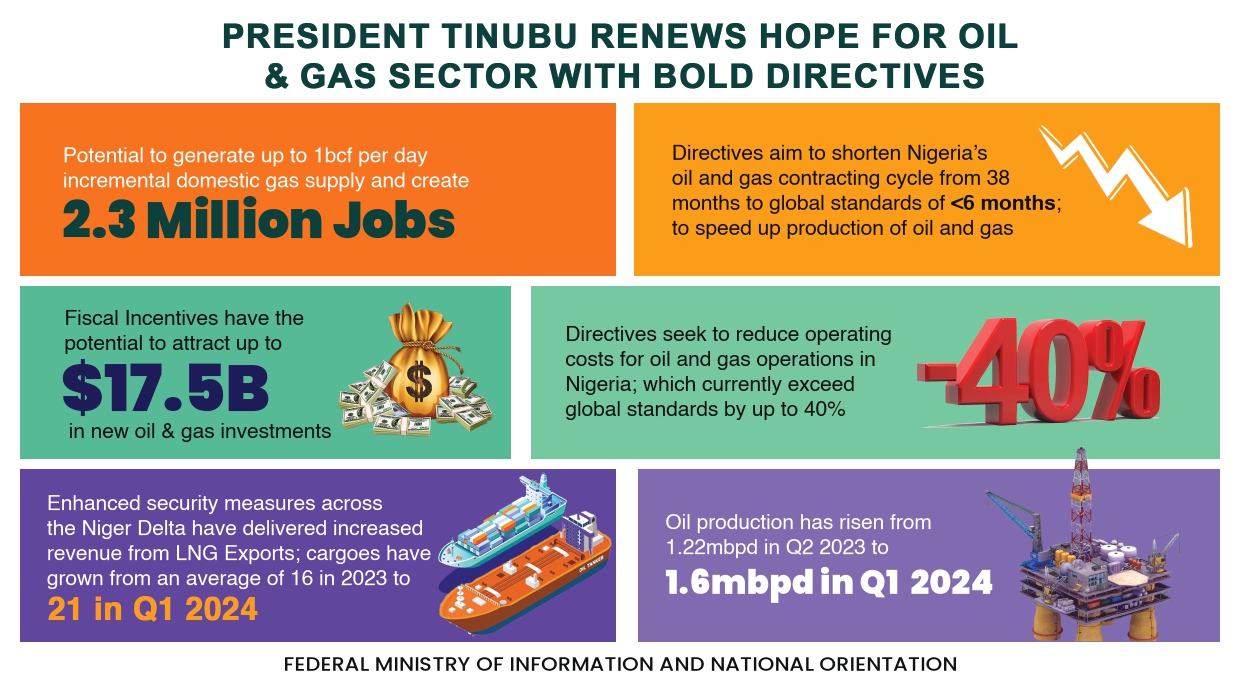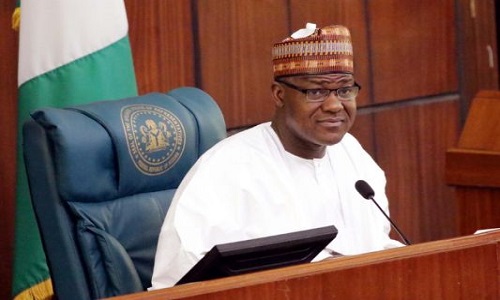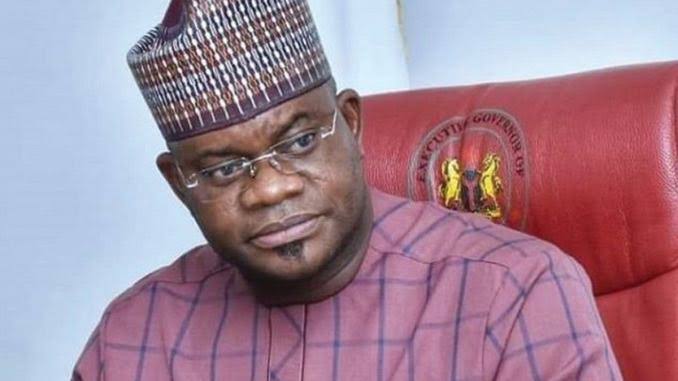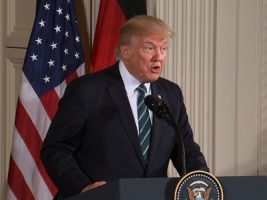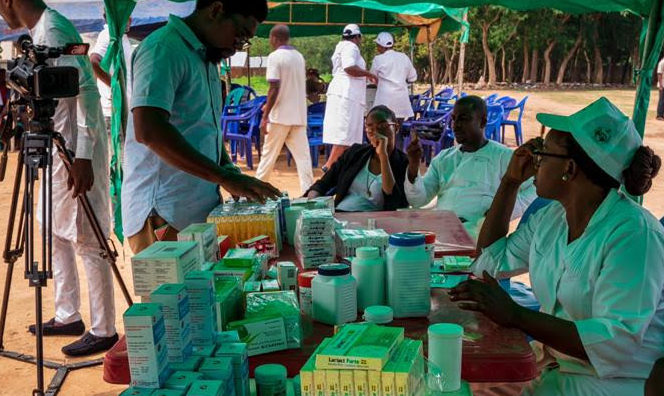The Speaker, House of Representatives, Mr Yakubu Dogara,on Monday said Nigeria lost about N7 trillion annually to insecurity and revenue leakages in the waterways.
Dogara said this at a public hearing on a bill to amend the Maritime Operations Coordinating Board Act organised by the House of Representatives.
The Bill seeks to ensure the repositioning of the board for effective control of maritime operations in Nigeria’s territorial waters and create the Maritime Security Fund.
Dogara insisted that security in Nigeria’s territorial waters must be strengthened and urged the Nigerian Navy and other relevant agencies to ensure greater collaboration to stem the tide of piracy and other coastal attacks.
He assured Nigerians that the House would embark on holistic review of extant maritime legislations with a view to halting the loss in the sector.
The Speaker said, “It is even more disturbing to note that Nigeria is said to be losing about N7 trillion annually in the maritime sector due to leakages in revenue generation and insecurity in the water ways.
“Between January and March, 2016, several attacks were reported off Nigeria’s coast. This was said to involve pirates stealing cargoes of crude oil and petroleum products.
“Reports had it that no fewer than 44 ship crew members were abducted and in the first half of 2017, over 20 commercial vessels were attacked in Nigerian waters.
“The increasing level of attacks and violence in the Gulf of Guinea has given Nigeria and other countries in the sub-region very damaging and negative image.
“This is in addition to an estimated monthly loss of 1.5 billion dollars to the country.
“As I said recently, prevalence of insecurity in our waters resulted in the loss of 1.3 billion dollars annually to illegal unregulated fishing in West Africa alone.
“The only way to promote intra-African trade in our water ways is to ensure safety and security of navigation in our waters.
“Thus, the onus is on the Nigerian Navy to stem the tide of pirate attacks and secure our territorial waters in cooperation with other agencies of government.’’
He added that in the absence of enabling laws stipulating stiff penalties and adequate funding, the Navy might not be able to perform its responsibility effectively and efficiently.
Dogara said that the importance of the maritime sector and its capacity to take Nigeria out of recession could not be undermined.
“The importance of making Nigeria’s maritime sector safe and secure cannot be over emphasised given that the bulk of our trade and commerce come through our waters.
“This will greatly boost government revenue, increase our foreign reserve and ultimately provide jobs to millions of our youths.
“Our water ways and even the Gulf of Guinea have been witnessing increasing level of piracy and kidnapping of expatriates and Nigerians alike,’’ he said.
He assured that bills that would address insecurity in the sector, especially piracy, would receive urgent passage in the House to restore order to the marine sector.
The Speaker added that establishment of Maritime Security Fund would provide the Navy with needed funds to effectively discharge its sub-regional duties of patrolling the joint development zone between Sao Tome and Principe and Nigeria.
The Chief of Naval Staff, Vice Admiral Ibok Ibas, at the hearing, confirmed the recovery of over N420 billion stolen oil fund in 2016.
Ibas said that the recovery was aside from stolen oil worth N6. 7 billion destroyed in various illegal refineries between January and June, 2017.
He cited the report of study conducted by Organisation of Petroleum Exporting Countries (OPEC) data, saying estimated oil production in Nigeria plummeted by more than 25 per cent in 2009, as a result of piracy and sea robbery.
He, however, reiterated Navy’s commitment toward combating criminality ranging from vandalism, kidnapping, environmental pollution, maritime terrorism, illegal bunkering and poaching.
Other anti-economic growth vices, the naval chief said, included smuggling, proliferation of arms, waste dumping and oil pollution.
He noted that such colossal loss to piracy and sea robbery was avoidable, but added that intense efforts were being made to drastically reduce the menace over the past 18 months.
Ibas said “according to the Oil Producers Trading Section (OPTS) report, annual crude oil loss due to COT for 2014 amounted to about 36,162 barrels per day’’.
He, however, said that the intervention of the Nigerian Navy had led to increase in national crude oil production from less than a million barrels per day in early 2016 to over two million barrels per day in April, 2017.
On his part, Chairman, House Committee on Navy, Abdussamad Dasuki, lamented that while incidences of sea piracy had reduced in other territorial waters due to effective coordination, “it is increasing in Nigeria and the Gulf of Guinea.”
“This is apparently disturbing given repeated warnings by the International Maritime Bureau (IMB) that attacks by sea-borne bandits off the West African coast are on the rise in Nigeria.
“To compound the problem, the United Nations Security Council reported that Nigeria was losing about 1.5 billion dollars monthly due to piracy and other activities,’’ Dasuki said.
